Sowmithri Vishnu v. Union of India AIR 1985 SC 1618
- Author: Gulzar Hashmi
- Location: India
- Published: 02 Nov 2025
- Slug: sowmithri-vishnu-v-union-of-india

Quick Summary
The petitioner challenged Section 497 IPC (adultery) as violating Articles 14, 15 and 21. She said the law let only a husband prosecute the male adulterer, gave no right to wives to prosecute, and ignored relations with unmarried women. She also argued that the married woman should have a right to be heard because her reputation was at stake. The Supreme Court (1985) upheld Section 497 then: it treated the woman as a victim, not an offender; lack of an express hearing clause did not violate Article 21. The Court later quashed the particular complaint, given subsequent developments in the spouses’ dispute.
Issues
- Does Section 497 IPC violate Article 14 by creating unequal rights for men and women?
- Is it discriminatory under Article 15?
- Does the absence of an express right of hearing for the married woman violate Article 21?
Rules
- Article 14: Equality before law; reasonable classification permitted.
- Article 15: Prohibits discrimination on grounds of sex, etc.
- Article 21: Life and personal liberty; fair procedure and natural justice.
- Section 497 IPC (then): Only the husband of a married woman could prosecute the male adulterer; the woman was not punishable even as an abettor.
Facts (Timeline)

Arguments
Petitioner
- Section 497 creates an irrational, sex-based classification (violates Arts 14 & 15).
- Wives have no equal prosecutorial rights; husbands appear to get a “free pass” with unmarried women.
- Reputation is part of life under Art 21; the married woman should be heard as of right.
Respondent (Union)
- The statute treats the married woman as a victim of seduction; targets the male adulterer.
- Reasonable classification aimed at protecting the matrimonial home.
- Courts can hear an affected woman; absence of an explicit clause does not offend Art 21.
Judgment

Held (1985): Section 497 IPC was constitutionally valid then.
- Articles 14 & 15: The law’s focus was on men who violate the sanctity of a married home; the married woman was not punishable.
- Article 21: Even without an express clause, a court can hear the married woman if her reputation is at stake; hence no violation.
On the case facts, the Court quashed the husband’s 497 complaint, noting that no useful purpose would be served given the parties’ divorce position.
Ratio
- Classification accepted: Targeting the male adulterer with a married woman was treated as a permissible legislative choice (1985 view).
- Natural justice flexible: Courts may grant a hearing even if the statute is silent.
Why It Matters
- Shows the 1985 judicial approach to equality and gender roles in criminal law.
- Helps trace the path to Joseph Shine (2018), where Section 497 was struck down.
- Useful for exam contrasts: then-upheld vs now-unconstitutional.
Key Takeaways
- In 1985, Sec 497 IPC survived challenges under Arts 14, 15, 21.
- Woman treated as victim, not offender; only male partner prosecutable.
- Courts may ensure a hearing even if statute is silent (Art 21 concerns).
Mnemonic + 3-Step Hook
Mnemonic: “Victim, Valid, Voice”
- Victim: Woman seen as victim under 497 (1985 view).
- Valid: Classification held valid under Arts 14/15 (then).
- Voice: Courts can give her a voice (hearing) for Art 21 concerns.
IRAC Outline
Issue
Does Sec 497 IPC offend Arts 14, 15, 21? Must the married woman get an express right to be heard?
Rule
Equality & non-discrimination (Arts 14–15), life & liberty with fair procedure (Art 21), adultery offence (Sec 497 IPC, then).
Application
Legislature targeted men seducing married women; woman treated as victim. Courts can grant hearing though statute is silent.
Conclusion
Sec 497 IPC upheld (1985). Complaint in the specific case quashed on case-management grounds.
Glossary
- Adultery (Sec 497 IPC, then)
- A man’s sexual relation with a married woman without her husband’s consent; the woman was not punishable.
- Article 14
- Equality before law and equal protection; allows reasonable classification.
- Article 21
- Right to life and personal liberty; includes fair procedure and facets of natural justice.
FAQs
Related Cases
Yusuf Abdul Aziz v. State of Bombay (1954)
Earlier Article 14/15 challenge to adultery provisions; woman not punishable.
EqualityV. Revathi v. Union of India (1988)
Upheld scheme limiting who can prosecute in adultery matters.
ProcedureJoseph Shine v. Union of India (2018)
Struck down Section 497 IPC as unconstitutional.
OverrulingShare
Related Post
Tags
Archive
Popular & Recent Post






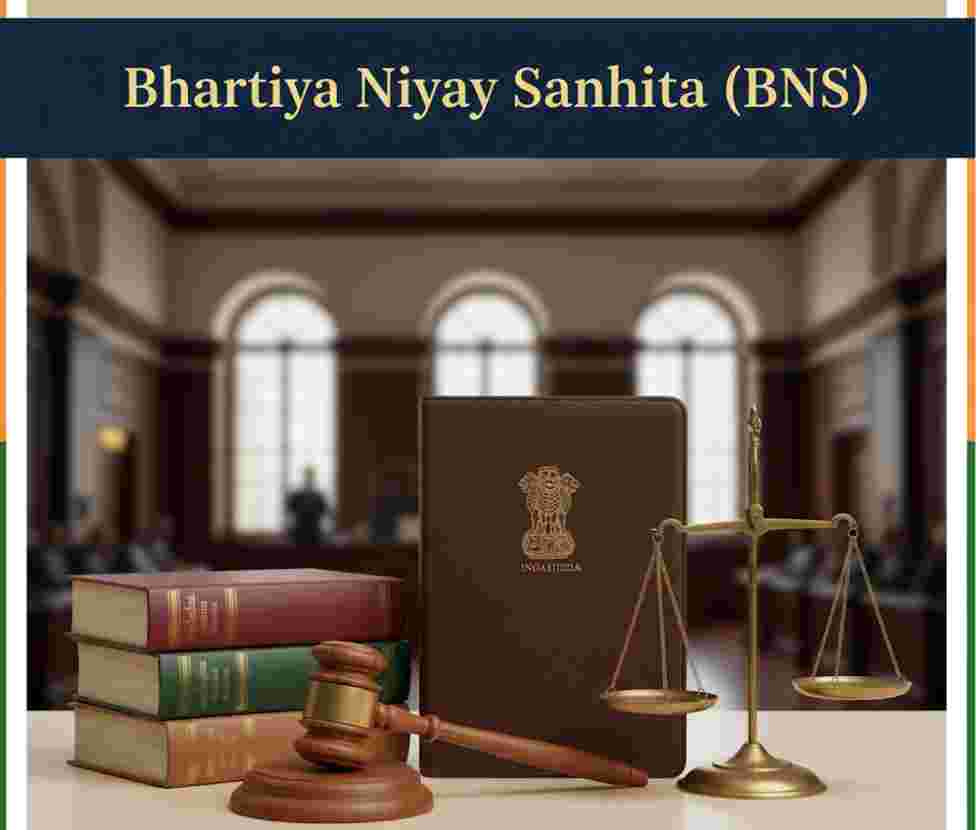
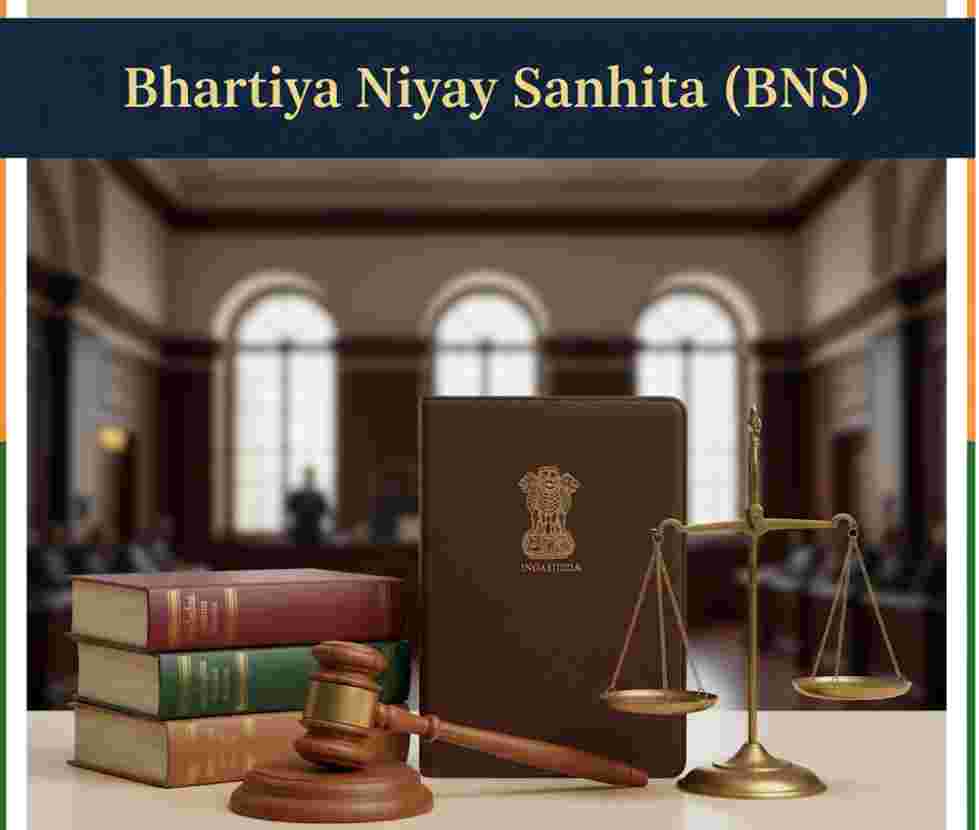
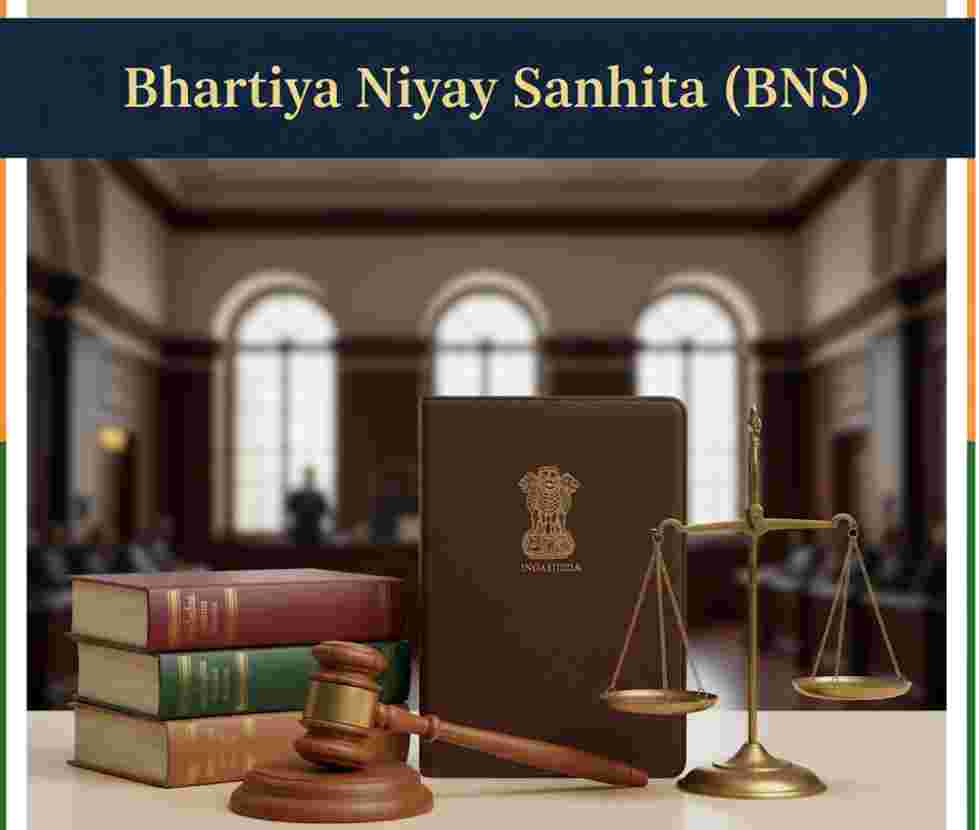
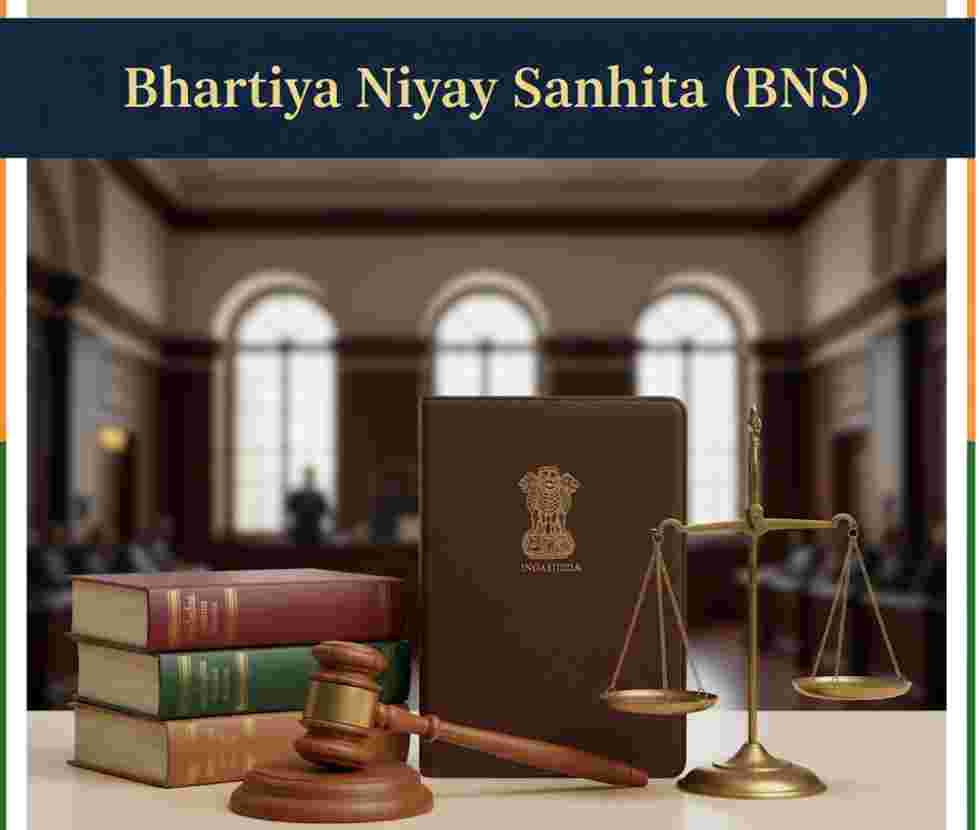
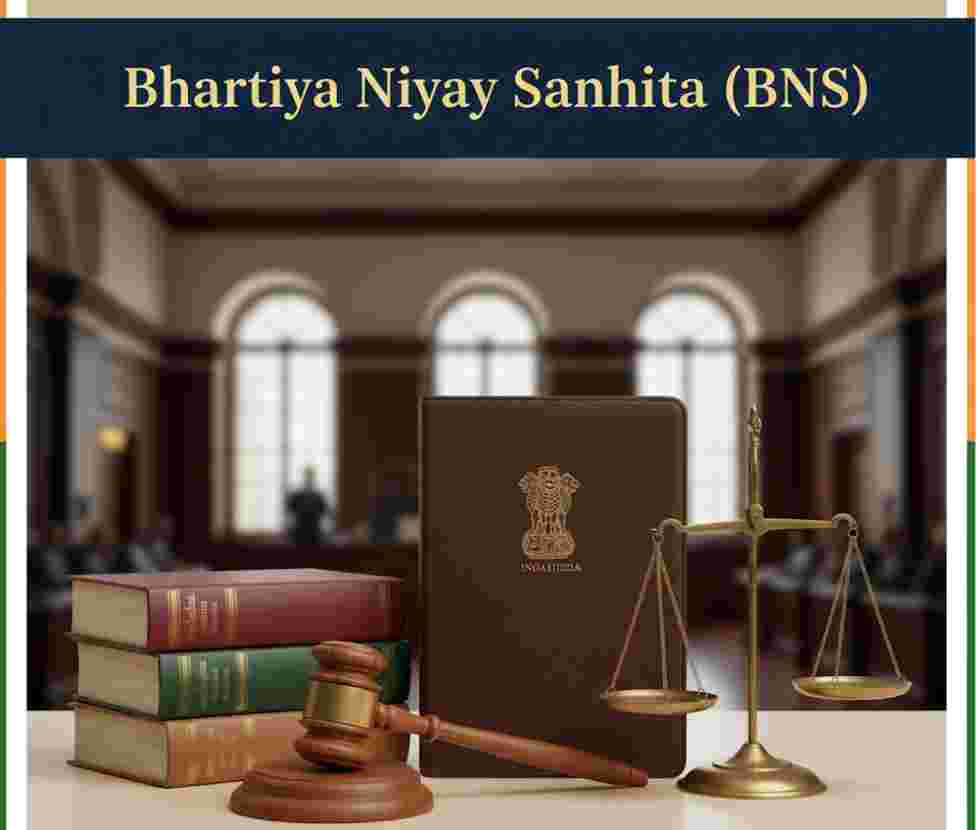
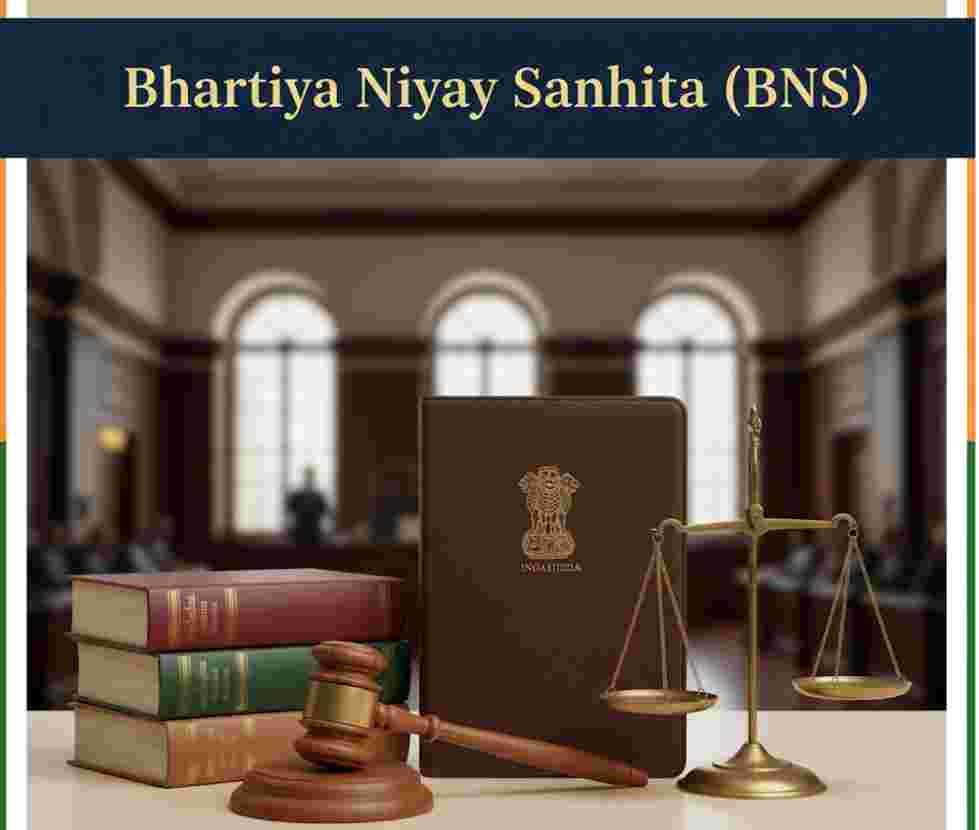
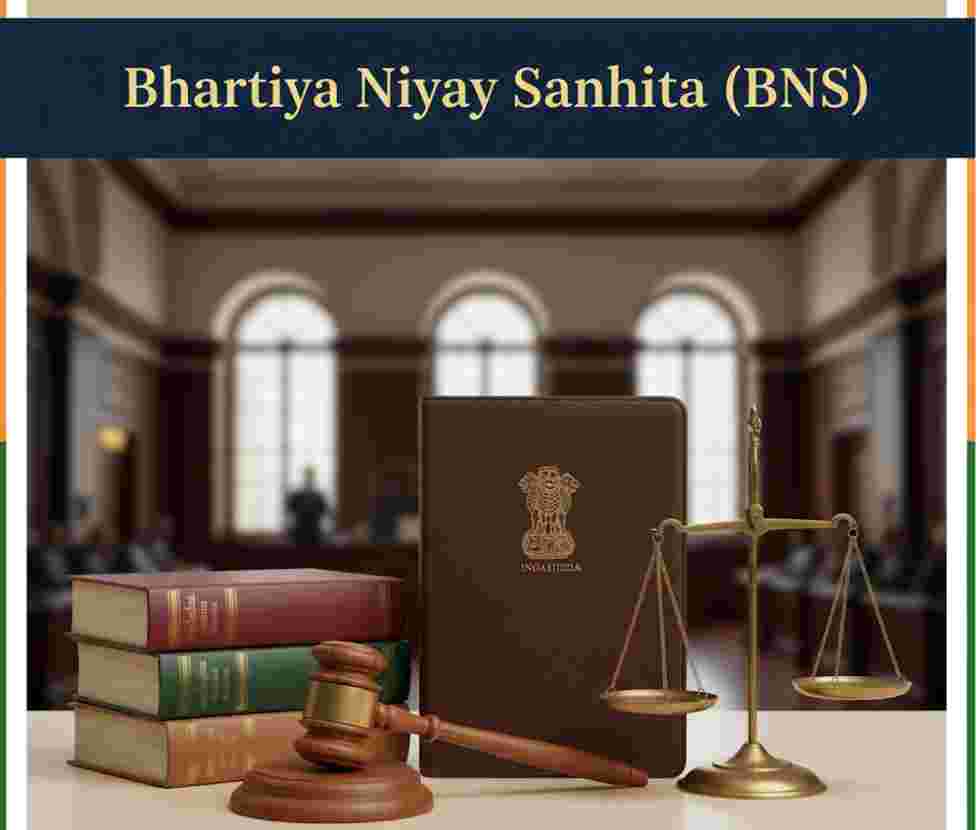
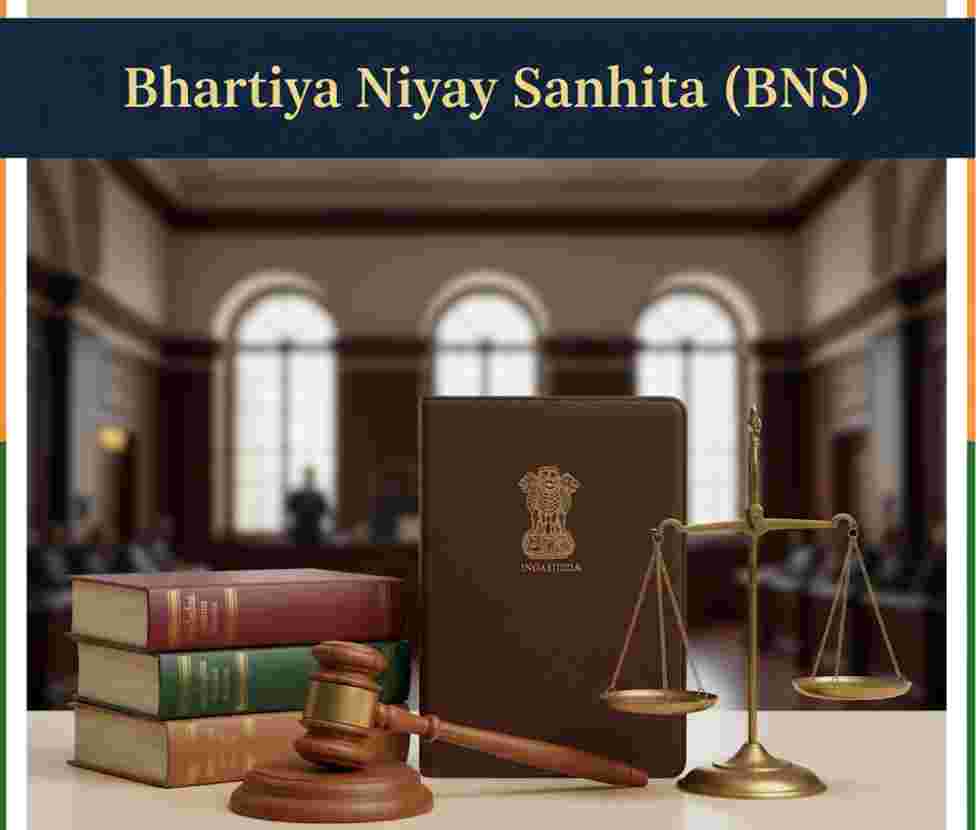
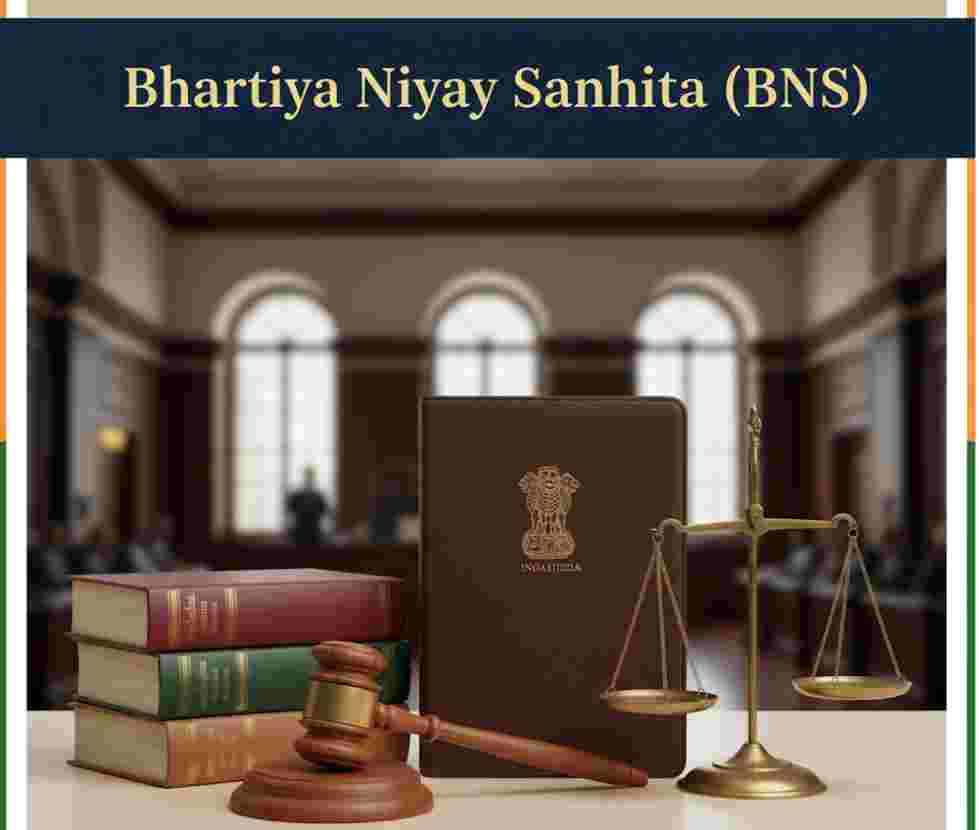
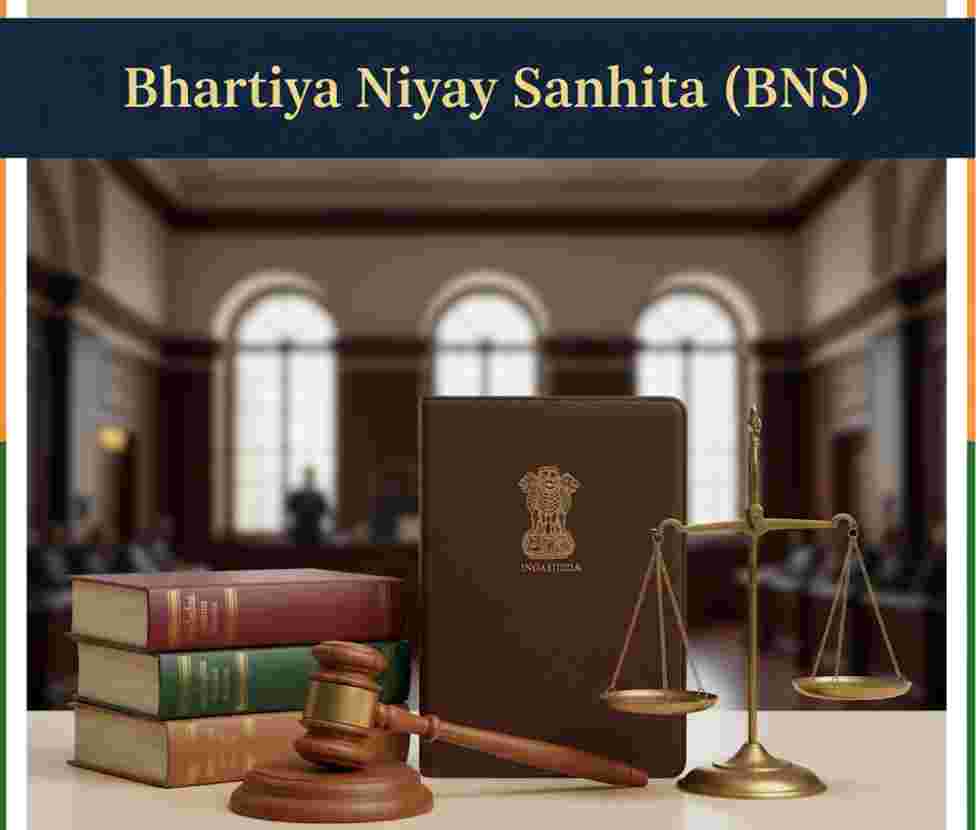
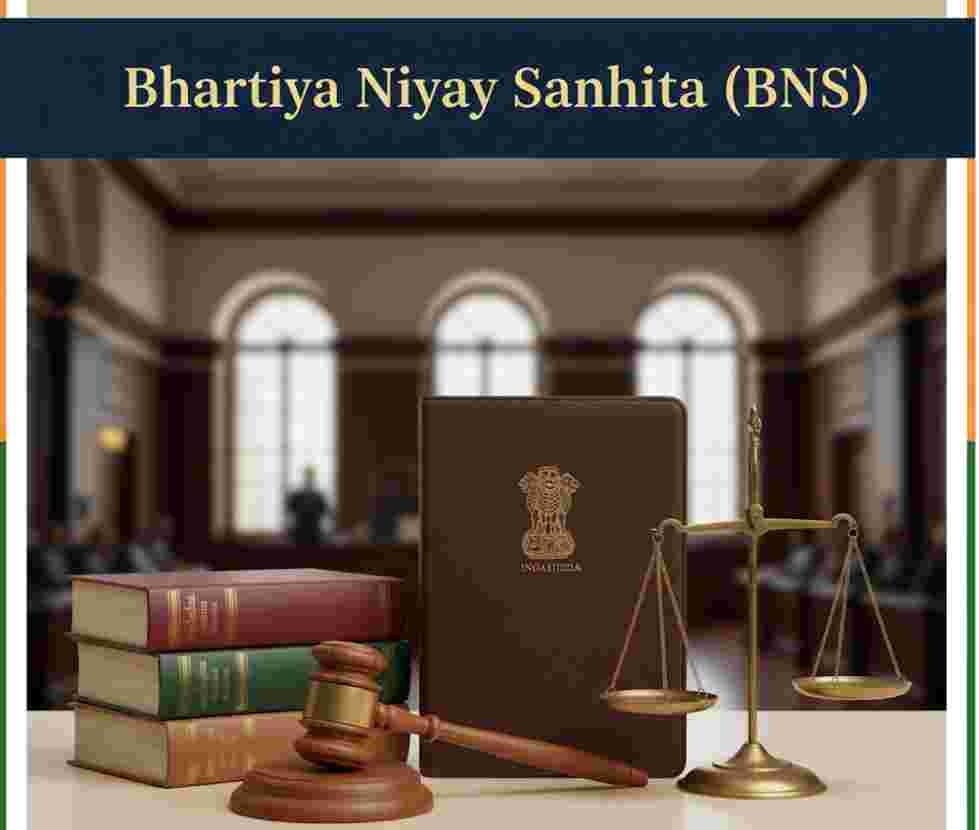
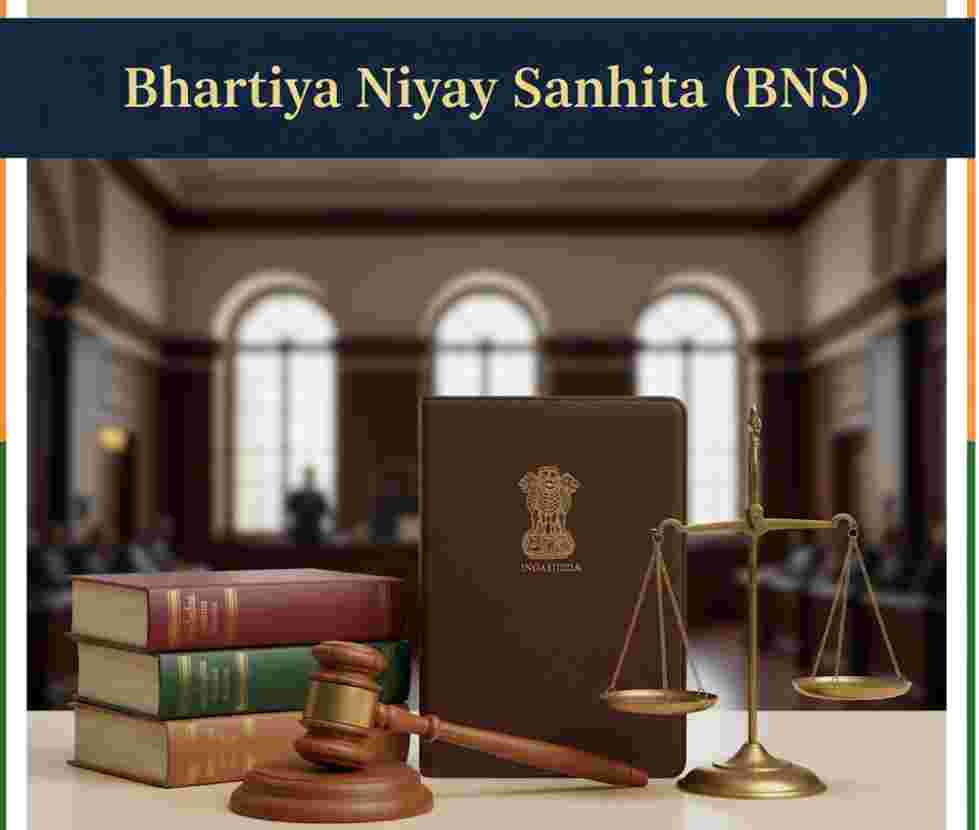
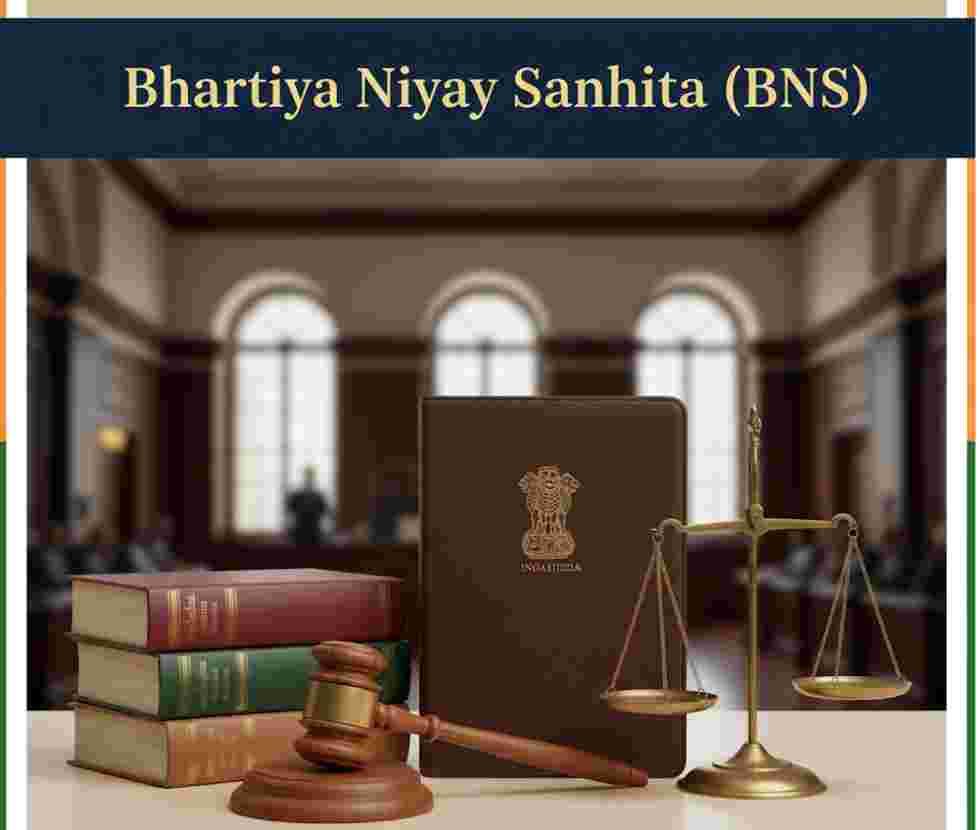
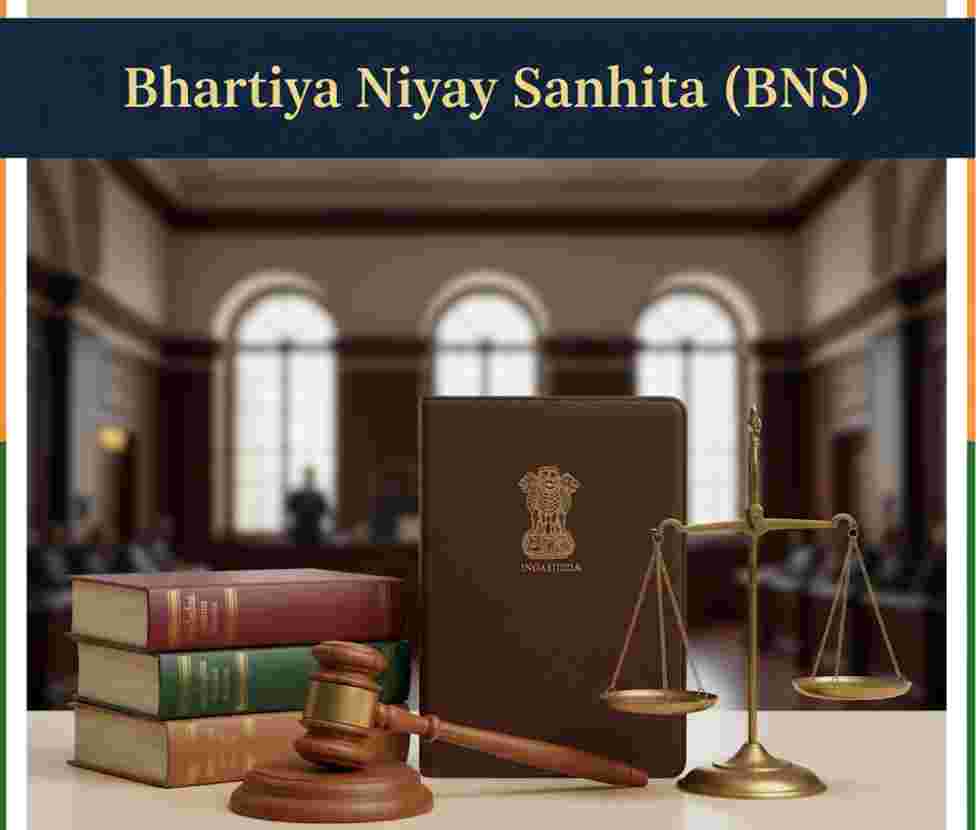
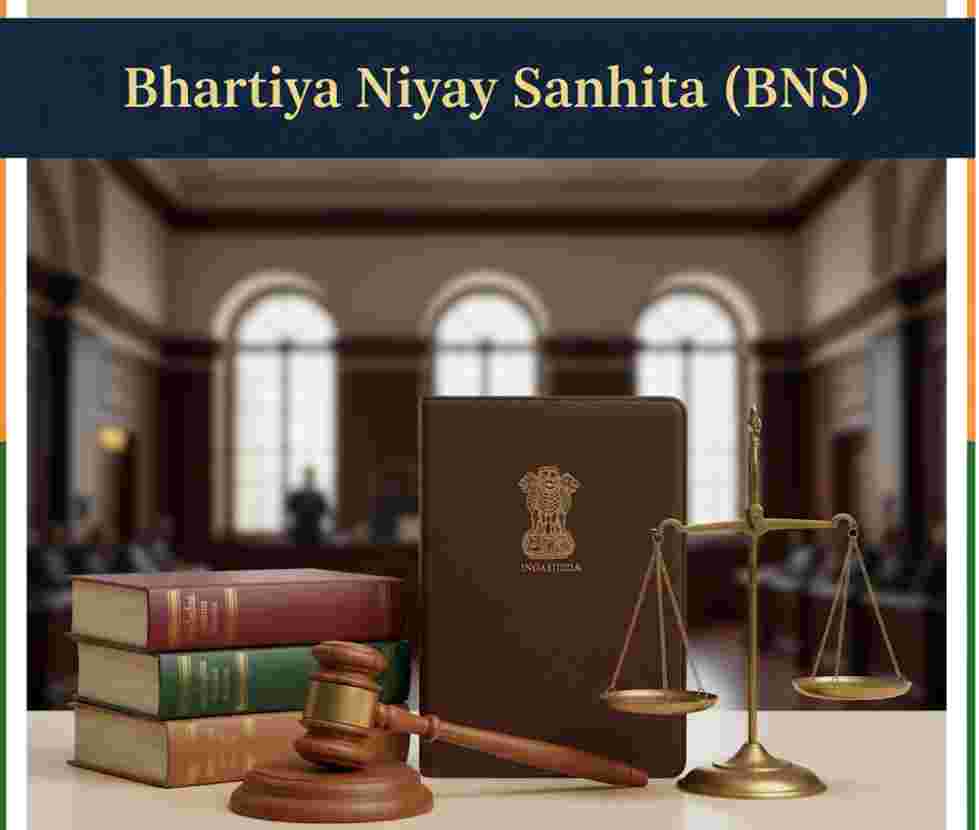
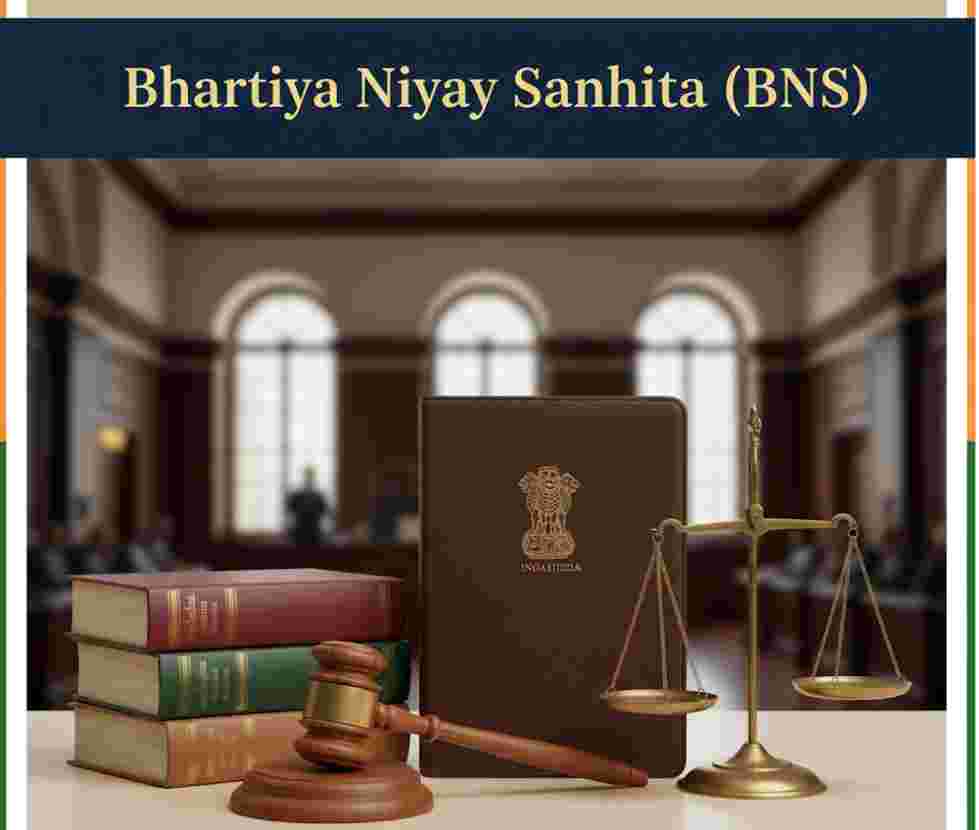
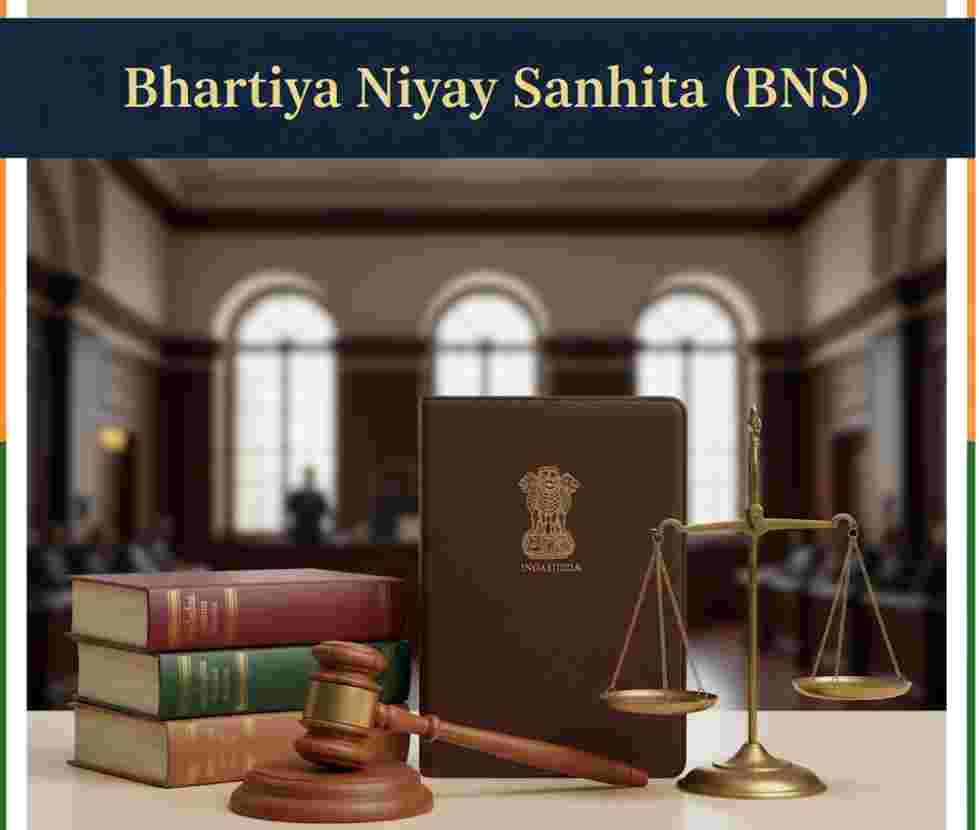
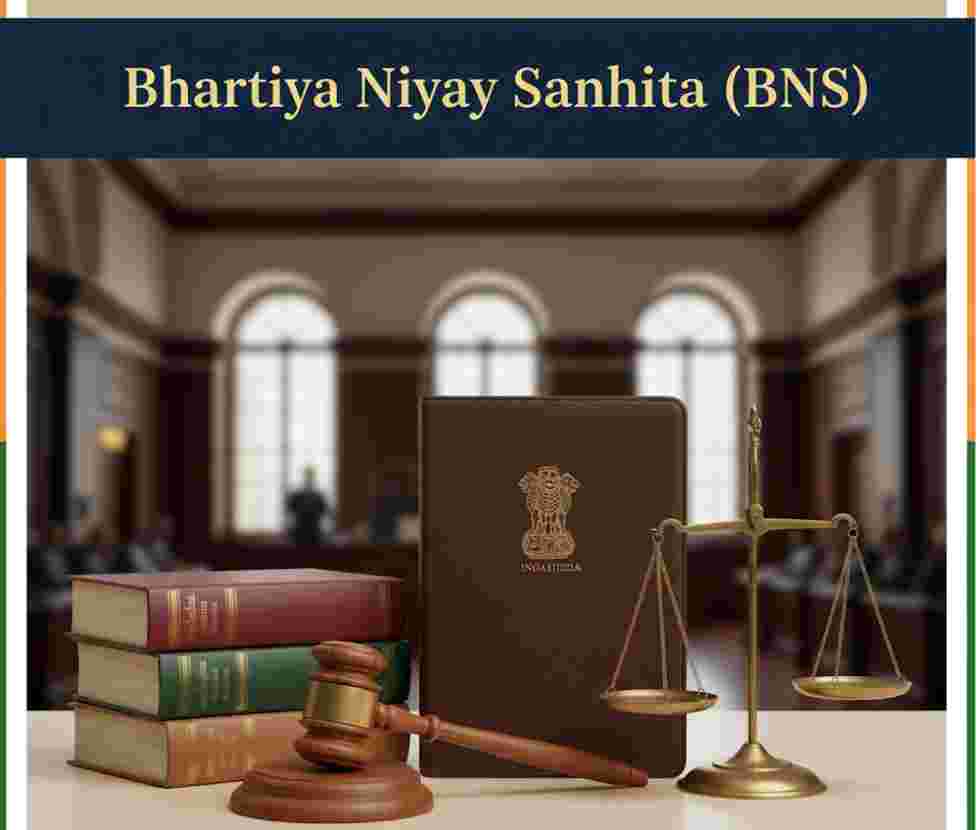
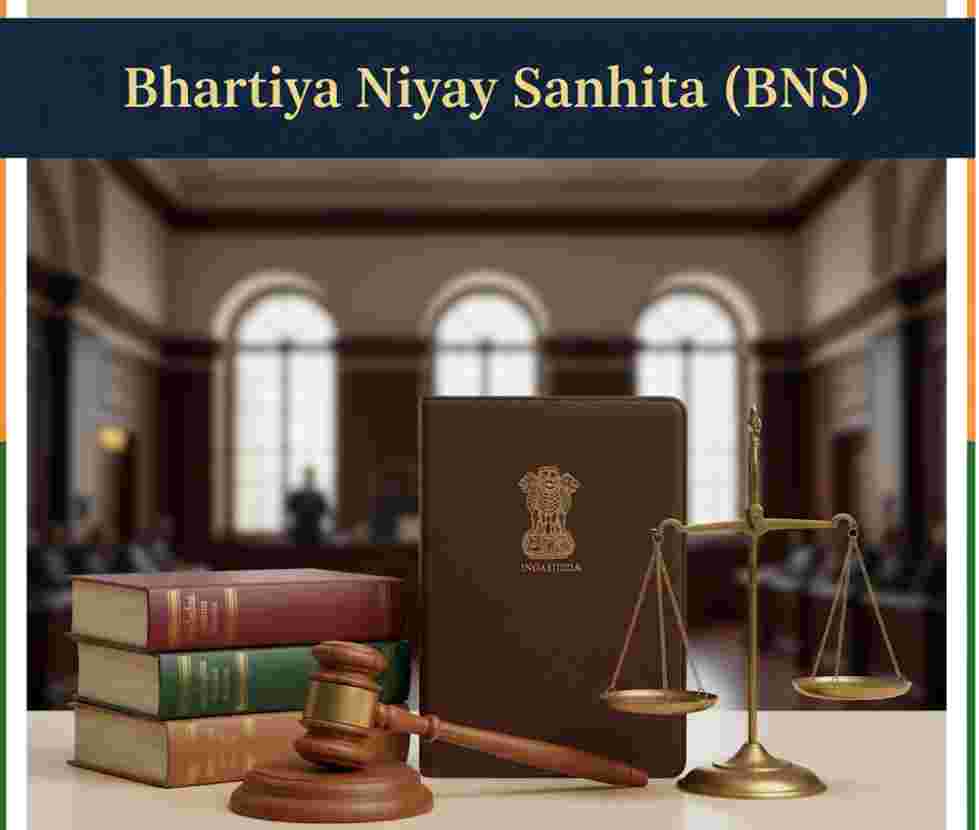
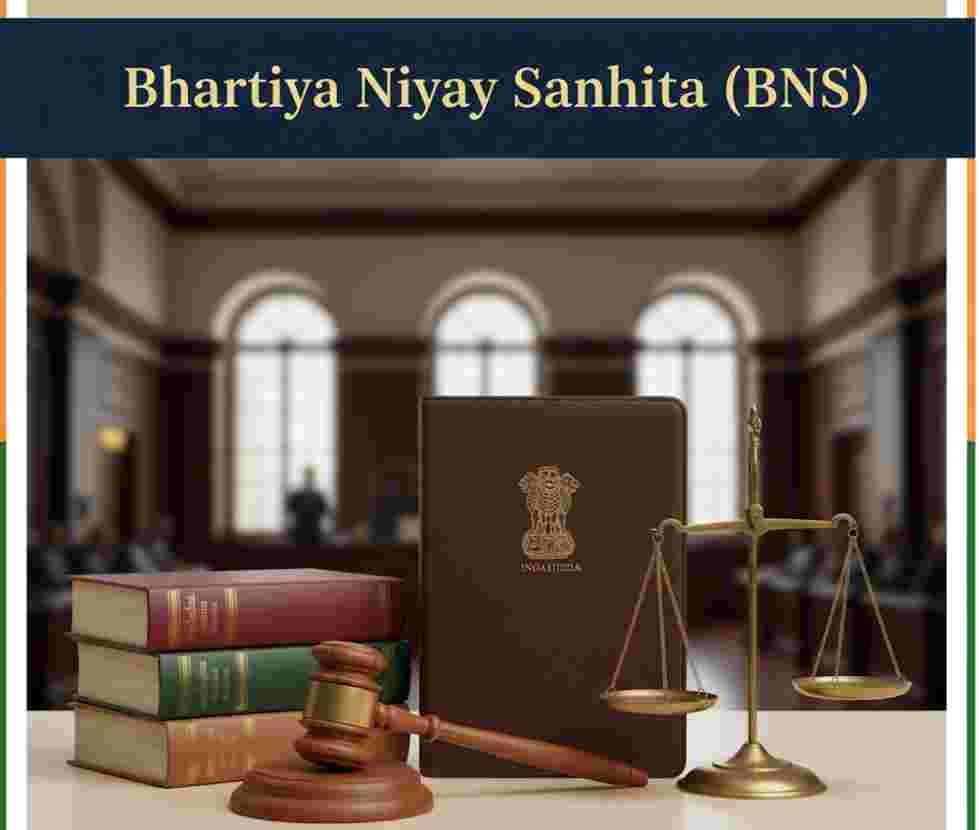
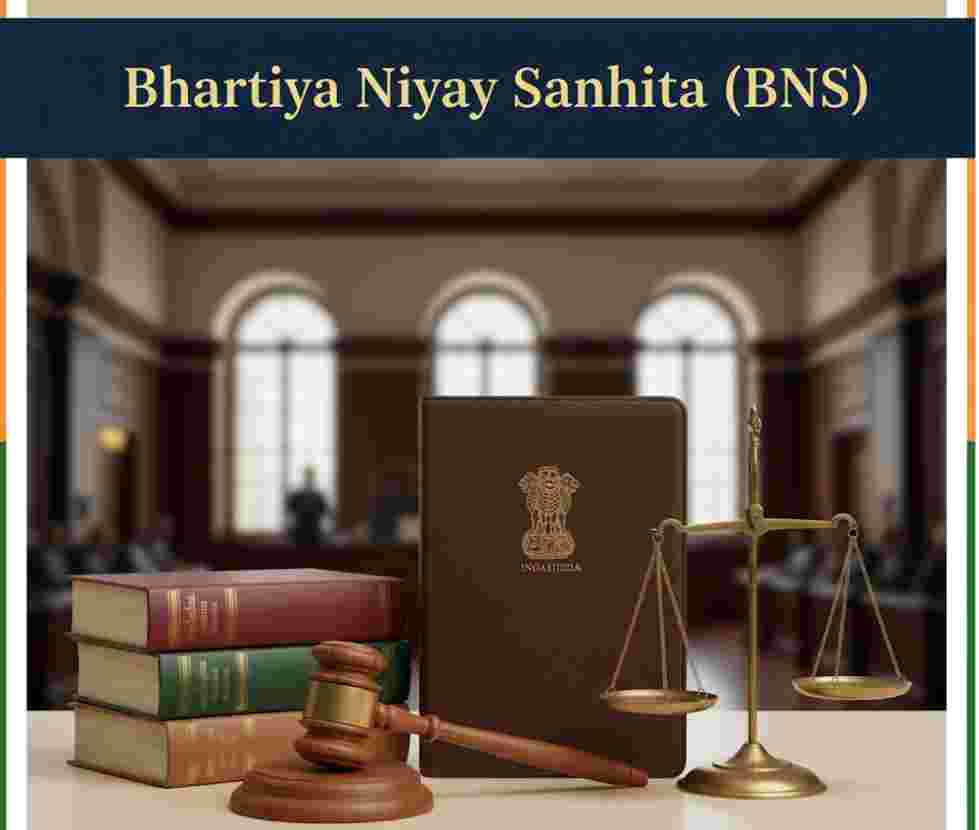
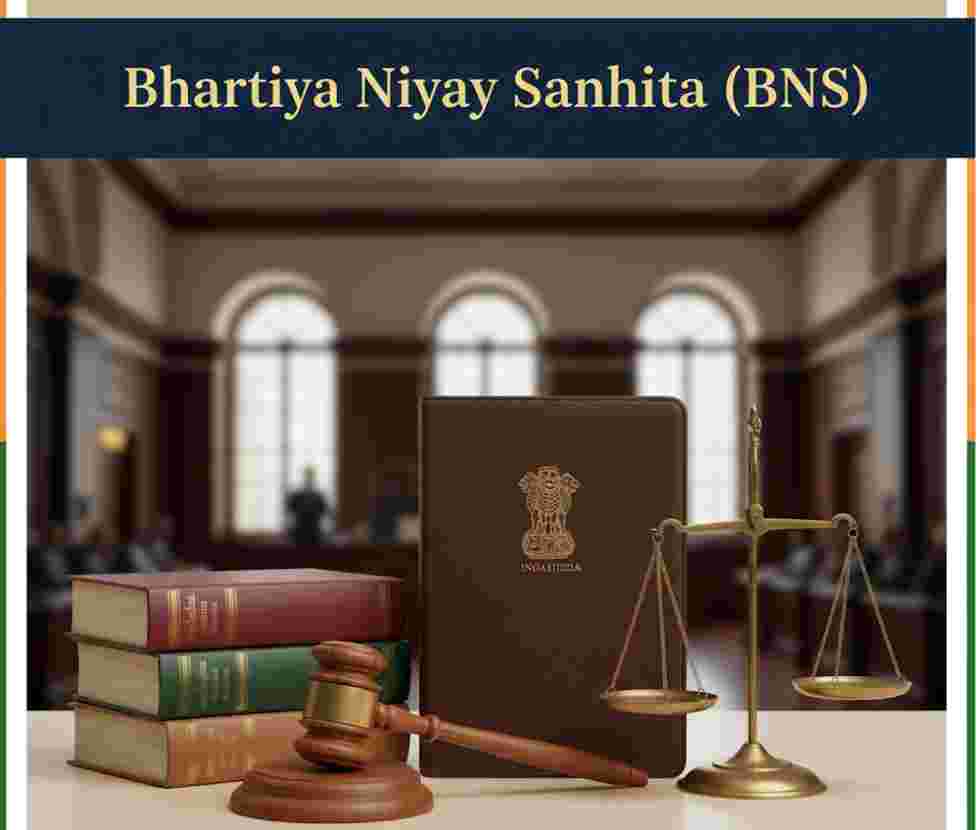
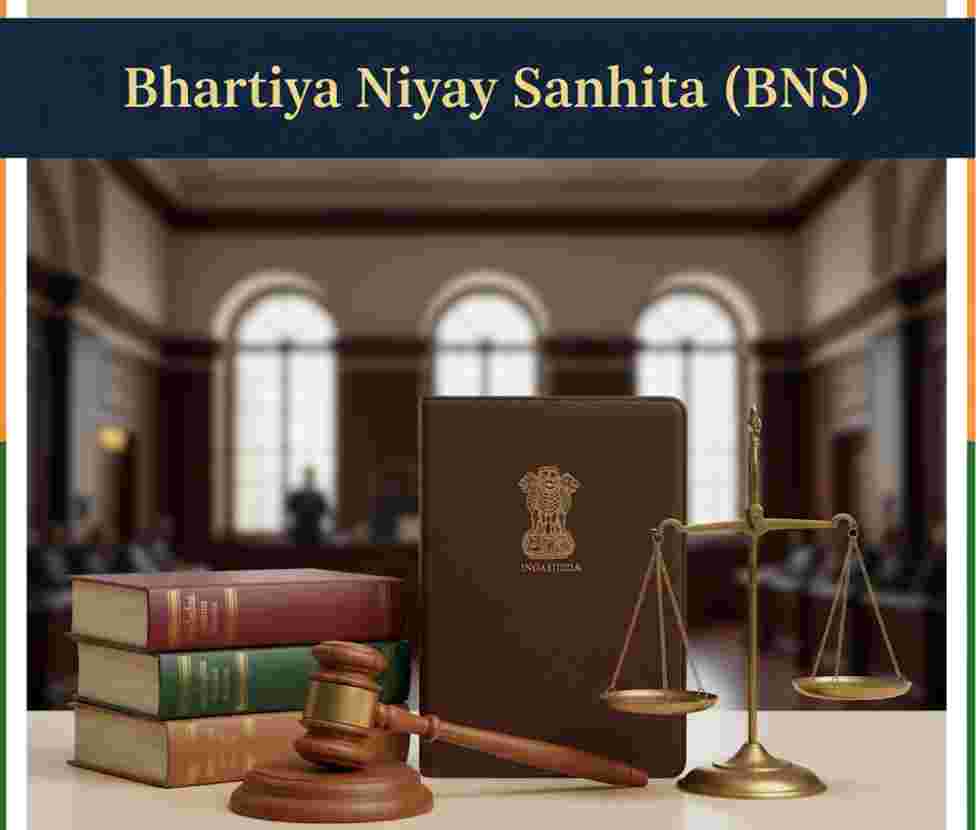


































































































Comment
Nothing for now